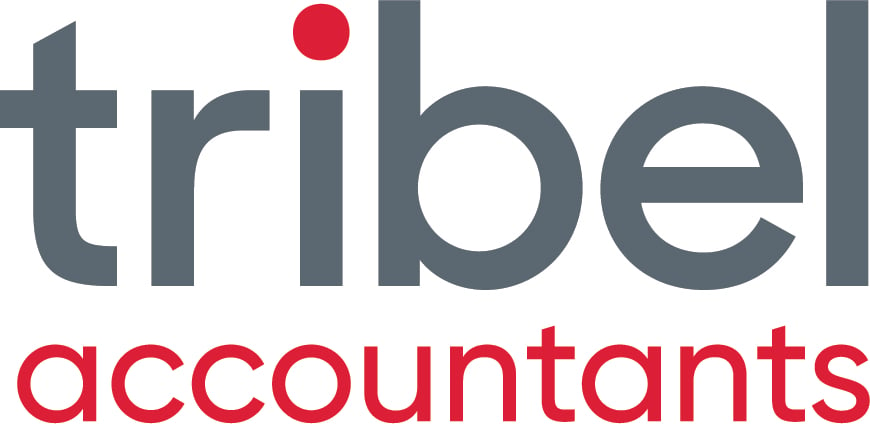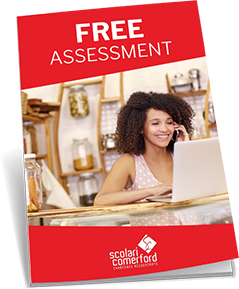INTRODUCTION:
I often get asked as a small business accountant by clients whether they should be buying new or used equipment and vehicles. Unfortunately there is no one correct answer and there are a number of variables that need to be considered and an element of risk taking.
So let's have a look at the things you should take into account.

Figure 1: Toyota Yaris - Fuel savings could be facto when deciding to buy new or second hand?
1. SEcond Hand Pro#1 - Cash Flow
The obvious consideration for buying second hand is that generally it will be much cheaper. We've all heard of the saying about new vehicles that as soon as they are driven out of the car dealer premises, there is a drop in value by as much as 20% in some cases.
Saving cash flow by buying cheaper usually means more profits (but please refer the rest of this blog for warnings). Please be aware that if you decide to try and finance the equipment or vehicle, some finance companies may not lend you the money due to age (usually 5 years old plus). Therefore, whilst you will save cash flow in terms of the job it needs to do over its lifetime, it could actually hurt your cash flow in the short term as you need to pay for it upfront without borrowing.
Make sure that you contact your small business accountants Sydney and Dubbo to run the different scenarios through a three way budget and cash flow forecasts to make sure you will have enough money in the bank over the short to medium term if you have to pay the money upfront for the second hand units.

Figure 2: Small cats and dogs might save you more in the long run but only if they are best mates!
2. Second Hand Pro #2 - Older Models
In some circumstances, older models can be more sought after than newer models because of better functionality or features. This is the case where the manufacturers have misread the market thinking that new models are better when the reverse is true.
3. Second Hand Pro #3 - BUsiness Start Ups
Apart from saving money by going for cheaper models which will help all businesses, a start-up which has a much higher risk of failing in the first few years may find that by buying second hand, should the business fail, the loss on sale of equipment will not be as high than if they had bought new.
4. SECOND HAND Con #1 - Unreliable
It's very hard to know how well a piece of equipment or vehicle has been treated by its former owner unless you or somebody such as a mechanic or expert can truly inspect and provide a report of its current condition and reliability. What is the point of saving say $10,000 on a new item if it has a good chance of breaking down meaning that you need to repair it and downtime with employees sitting around cost you at least the saving? What about warranty? More often than not this will have expired or be close to expiring and you will need to check it can be transferred to you, the new owner.
New items will generally be more reliable so this can give you peace of mind.

Figure 3: Will you be able to find spare parts?
5. SECOND HAND Con #2 - Lower Tax Deductions
Providing you have a business use for your equipment or vehicle, paying more for something will generally get you a higher tax write off over the term of its life (be aware of the motor vehicle cost limit though of $57,466). Whilst getting a tax deduction isn't necessarily the right reason to buy something, paying less tax by buying new may help offset some of your concerns for reliability with a second hand item.

Figure 4: "If only I had bought new!!!"
6. SECONd Hand Con #3 - Older Technology Efficiencies
Any purchase of capital equipment should have a cost benefit analysis performed on it when deciding which item to go with whether it's new or second hand.
If you have a piece of equipment that will increase labour efficiencies due to higher speed and time saving functions than these should all be considered.
A simple example of this could be an extra computer monitor for all administration staff so they can have more than one application open they are using at the same time (e.g. an email on one screen showing what needs to be looked at and an Excel spreadsheet on the other screen which addresses the emails issues). The time saved by not having to open and shut applications and the less need to print (saving ink and paper) should then be analysed as should whether the risk of error is reduced.
CONCLUSION:
Like most business decisions, any capital purchase should be considered carefully before jumping in as they usually involve quite a bit of money. Sometimes second hand will be the way to go and sometimes new will be.
It depends on your circumstances.


.png?width=100&height=100&name=COVID_Safe_Badge_Digital%20(002).png)




